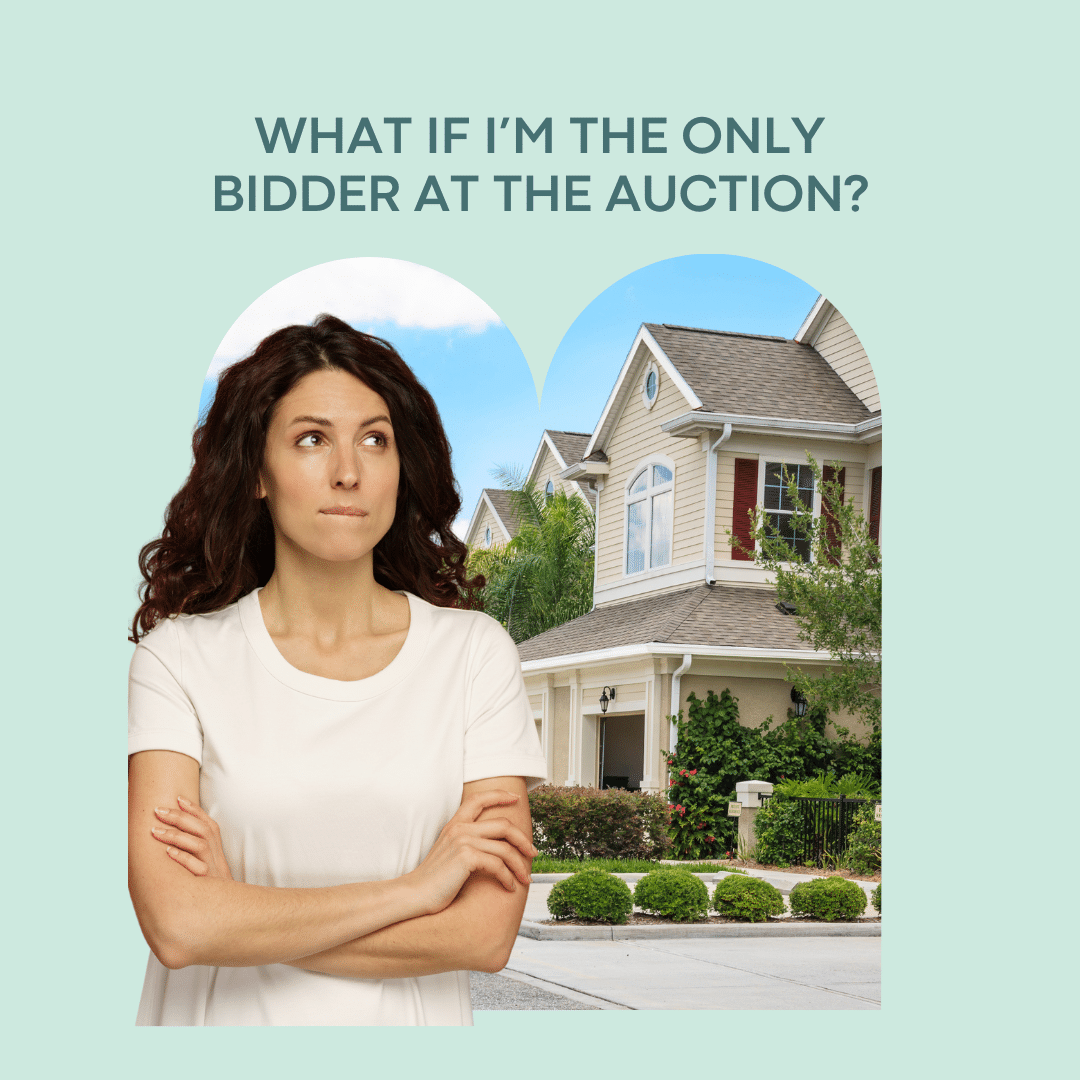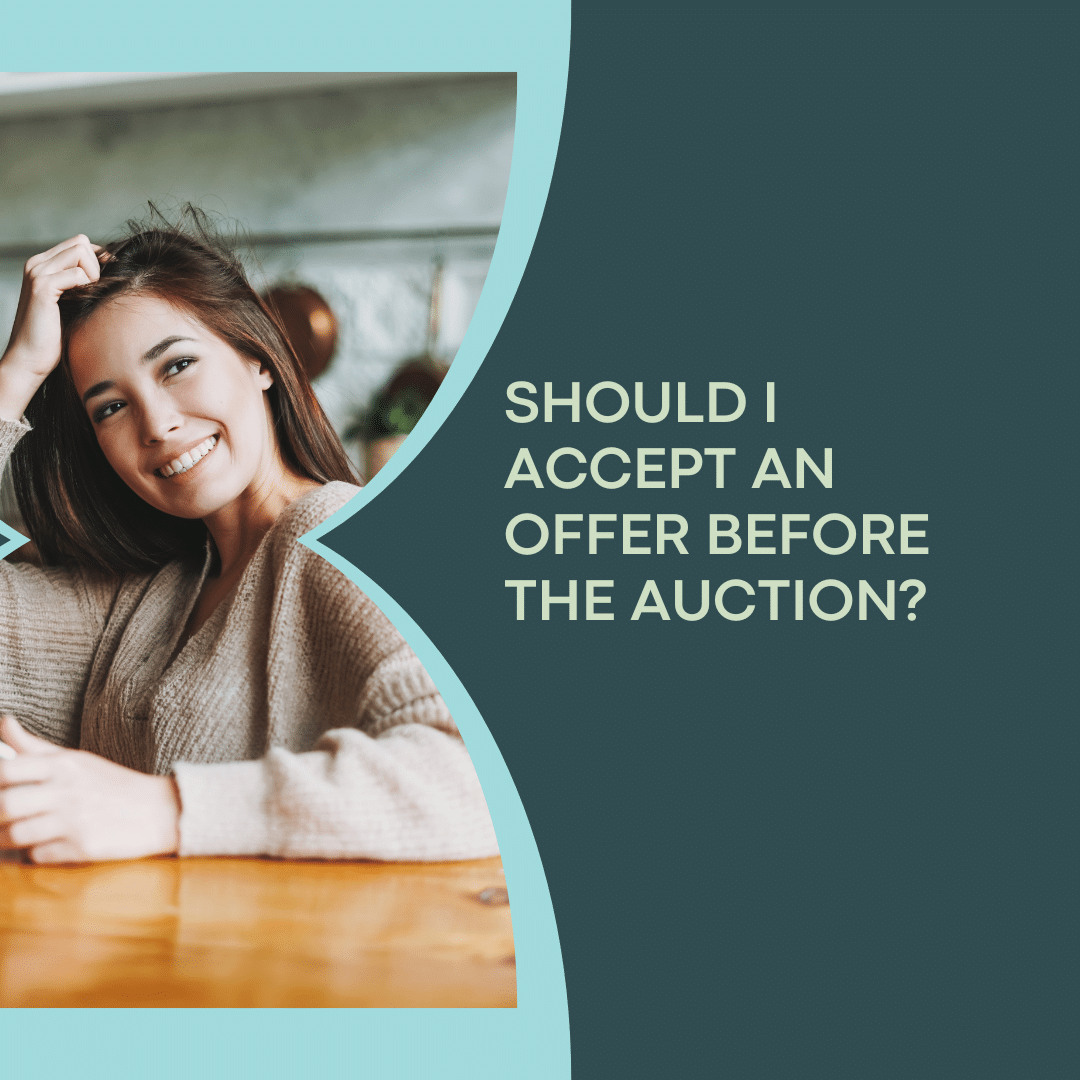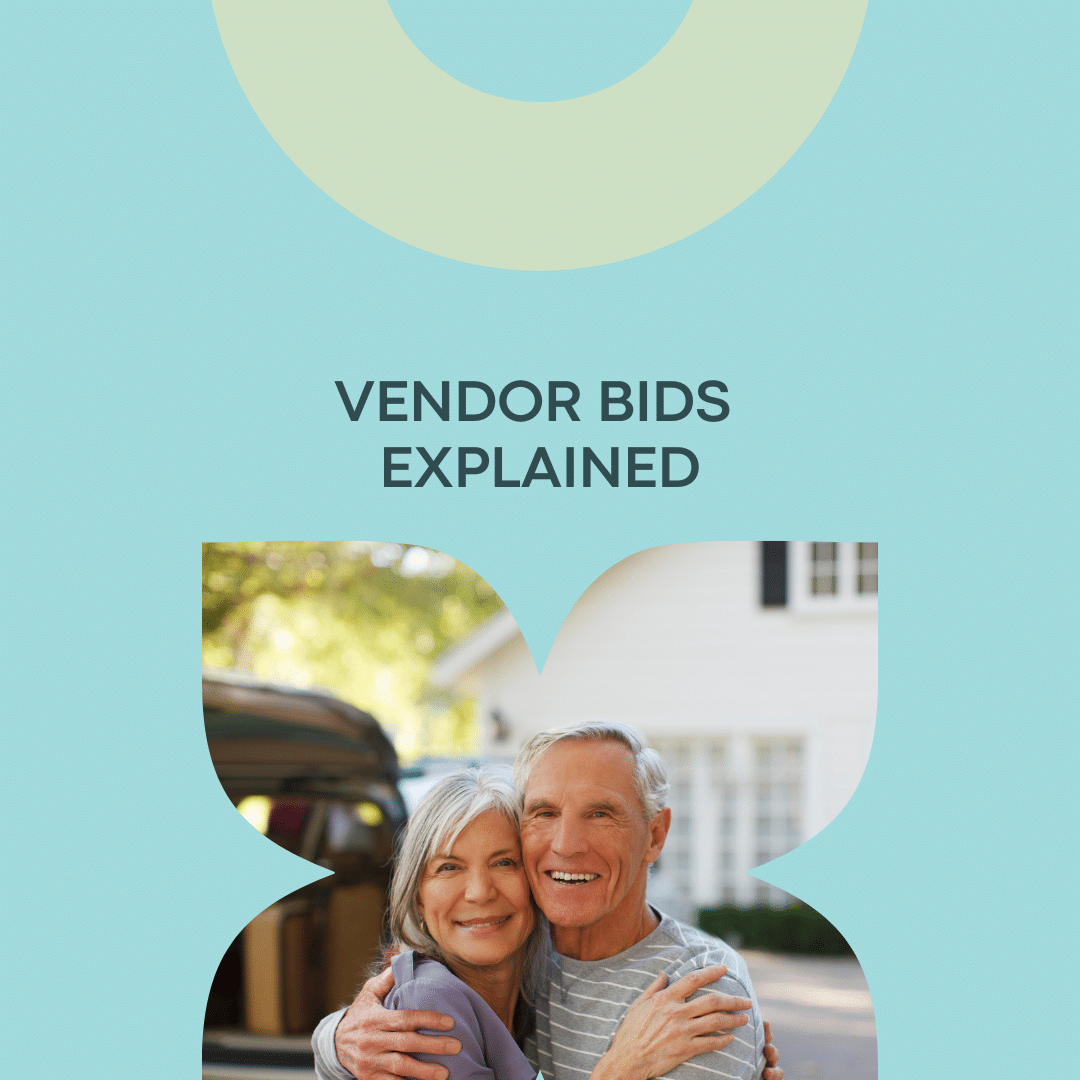If you’re thinking of selling a house privately, there’s two ways you can go about it:
- you can sell it yourself, without an agent
- you can retain an agent, but avoid an auction and choose a private sale campaign
In this guide, I’ll cover the pros and cons of both options. When you are considering selling your home, you want to get the best possible price, of course. But selling a home can be stressful too. There’s more to consider than just maximising your returns.
Part one: Selling a home privately — without an agent
On paper, it seems like a good idea. Sell your home yourself, bypass the agent’s commission and have more money in your pocket after the sale. However, there are drawbacks to consider.
Why do people consider this?
Mostly, it’s due to:
- they’ve had a negative experience with a real estate agent or simply don’t like dealing with agents
- they feel agents aren’t necessary and they can do it themselves
- they don’t want to pay the agent commission
- they think they can get a higher price than the agent is telling them it is worth
Selling your home privately without an agent is rarely a good idea.
Selling houses is a specialised skill
Agents charge a commission on the sale of your home. But the investment in their expertise is worthwhile. Agents come with in-depth knowledge of:
- buyer interests and price expectations
- what to say to buyers (and what not to say)
- how to overcome buyer objections
- how to create a sales strategy
- how to set a realistic price
- how to take advantage of current market conditions
The pitfalls of the owner vendor DIY approach
In my experience, people who sell their own house believe they have experience in sales that translates to selling houses (it rarely does). People who sell a home privately also tend to have an emotional connection to the house and therefore overinflate price expectations. And, they undervalue the experience and market insights that real estate agents offer.
Selling a home privately takes plenty of effort
When you recruit an agent, they arrange open houses, marketing, and liaising with interested buyers. If you opt for a DIY approach, you need to invest plenty of hours and legwork doing all this yourself. It’s time consuming and may be costly, especially if negotiations drag on over months.
Marketing is key
Marketing a house is a crucial part of the sales campaign, and agents manage this on your behalf. From copy to photography to online listings, agents know how to market your property well. If your marketing fails to present the house in its best light, you may fail to attract potential buyers and also reduce your chances of maximising your sales price.
Homes sold by the owners tend to take longer to sell
This means you could be hosting private inspections and dealing with interested buyers for months on end, dragging out the process. With an agent involved, they will arrange the timing of the campaign, typically over four weeks, to create buzz and interest, culminating in an auction for interested buyers.
If a house stays on the market for months on end, your ongoing costs can accumulate. If your home is on the market for a long time, buyers may become wary and begin to wonder if there’s something wrong with the property.
Buyers and advocates prefer to work with agents
As advocates, we tend to find listings of homes being sold by owners a little off putting, and many buyers do too. You don’t get the privacy of negotiating via an agent, so for this reason many buyers and advocates prefer not to liaise directly with owners. Having an agent as that liaison point reduces the discomfort for buyers.
Pricing mistakes
You love your house, and you let that connection cloud your judgement. Confirmation bias means that we tend to gloss over points that don’t support our world view. This is very common among owners. Just because you love the corner bar and high-maintenance swimming pool, doesn’t mean buyers will agree.
When you inflate the estimated value, you risk putting off buyers. If you haven’t priced the property correctly, it’s harder to sell. You’re waiting for a unicorn buyer who’ll fall in love with your house and pay top dollar for it. This rarely happens. In my experience even buyers who desperately want your property will still try to get it for the best possible price.
On the other hand, agents are very good at estimating the price guide for your home. Beyond this, they know how to market the advertised price to attract your ideal buyers.
The so-called saving on commission is eroded in negotiation
When you plan to sell a house privately, you expect to save money. Ideally, buyers will pay market value and you’ll pocket more, because you are saving on commission. However, buyers expect you to pass on the savings. Buyers are likely to argue that there’s no commission, so they should get a discount. Any potential saving in commission tends to be eroded by an overall reduction in the sale price — often by more than the value of the commission.
Part two: selling a home privately — with an agent
Otherwise known as private sale, this is a method of selling your home where you still retain an agent, but don’t stage an auction as part of the sales campaign. Interested buyers can make an offer and you have time to consider it. Unlike an action, private sale contracts include a cooling off period, so the buyer has the option to change their mind.
Some vendors choose this option because they find the stress and pressure of auctions difficult to deal with. Perhaps they’ve sold via auction before and it didn’t go well — so they swore they’d never do it again.So the idea of selling a home privately and bypassing the drama and stress of an auction is appealing.
Cost saving should not be a factor
The majority costs of selling a home are the marketing expenses. So if you feel that you’re saving money by avoiding an auction, this is not likely to be the case. There may be a fee for the auctioneer, but it’s a small proportion of your overall sales costs.
When does private sale work best?
Typically regional areas, even Melbourne’s outer suburbs, tend to have slower markets. Therefore private sales are more common in those areas. Areas that tend to attract first-home buyers may also benefit from private sales. These buyers appreciate the chance to buy on conditions with cooling-off periods, such as subject to finance, or subject to building inspections. (Whereas with an auction, the sale is final.)
Private sales for high-end markets
If you are selling in a leafy area of Melbourne, at the upper end of the market, you may prefer a private sale. These kinds of properties sell for tens of millions, so have a smaller buyer pool. Taking the negotiations behind closed doors can be preferable in these cases.
Typically both buyers and vendors appreciate the discretion of private sale. There’s no rubberneckers at the on-street auction, your bidding history isn’t on public record and less chance of an article in the paper the next day. With these kinds of private sales, agents tend to request expressions of interest by a certain deadline.
90% of the time, auctions are preferable in Melbourne
Private sales allow negotiations to drag on — so sales campaigns tend to be longer. Particularly if properties are overpriced or have undesirable features. Buyers will negotiate you down on price. Whereas with an auction, there’s a sense of urgency and competition and negotiations are heading on an upward trajectory.
For a vendor, the auction conditions mean that there’s no messing around with cooling off periods — the sale is absolute. This is beneficial to vendors, who risk protracted private sale negotiations, only for the buyer to drop out at the last minute or waiting weeks until the buyers finance is approved only to find they ask for one extension after another
So to summarise, should you sell a home privately?
Every circumstance is different but 90% of the time — no. In Melbourne, an auction is typically the best way to sell a home. As for selling a home privately without an estate agent — again, it’s a firm no.
You may also like
Should I use an out of suburb agent?
Got a letter in the mail – someone wants to buy your house
13 reasons you need a vendor advocate when selling your home
Want expert market insights in your inbox each month?
Become a VIP subscriber and get our exclusive monthly analysis of the Melbourne real estate market including:
- advice for selling your home
- advice for home buyers
- current market insights from real estate industry insiders
- latest articles and news
[button link=”#https://selectpropertyadvocates.us12.list-manage.com/subscribe?u=19974956b7c1ccf74d66bf21a&id=85cad475bd” newwindow=”yes”] Become a VIP subscriber[/button]






